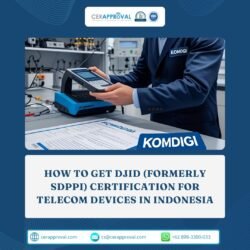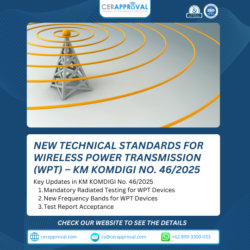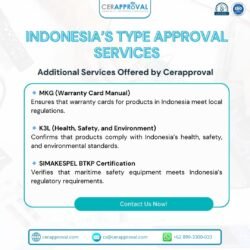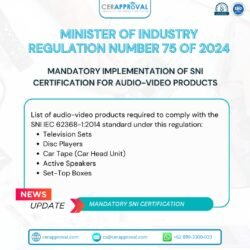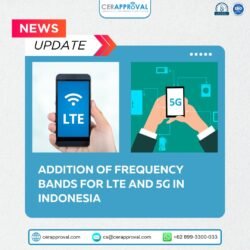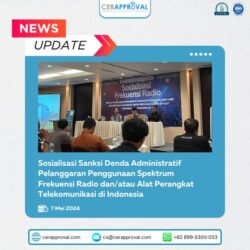How to Get DJID (Formerly SDPPI) Certification for Telecom Devices in Indonesia
Obtaining DJID (formerly SDPPI) certification is a crucial step for companies that wish to market or sell their telecom equipment in Indonesia. This process guarantees that your products meet the country’s technical standards and regulations enforced by the Ministry of Communication and Digital (Komdigi).

